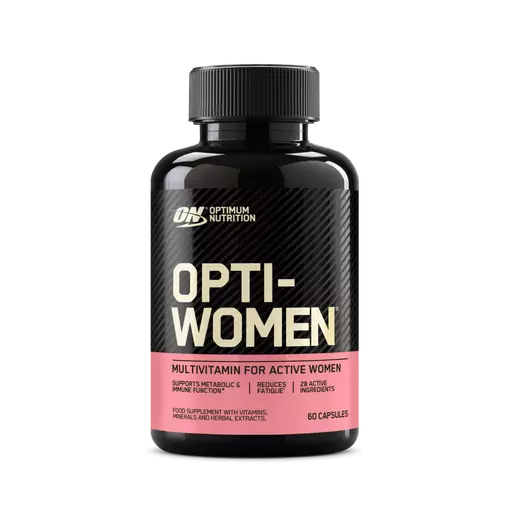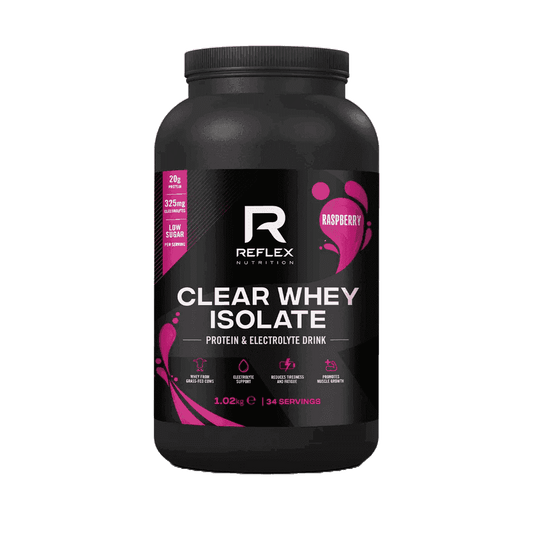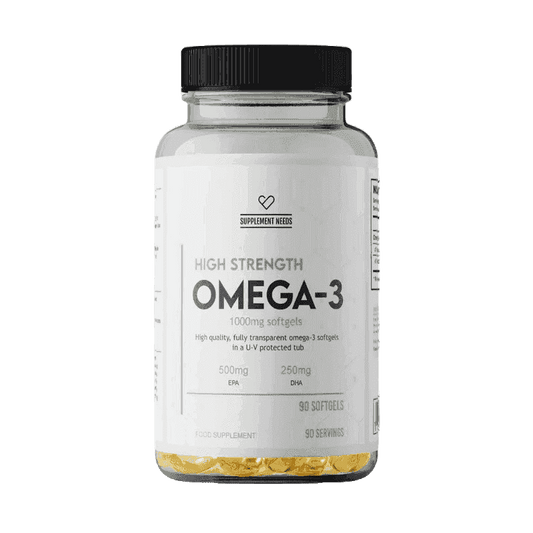Introduction: Stress, Hormones, and the 30-Something Woman
Life in your 30s is busy. Between career, family, training, and social commitments, stress levels often climb higher than ever. At the same time, hormonal changes start to feel more noticeable: energy dips, mood swings become harder to ignore, and recovery after workouts isn’t as quick as it used to be.
It’s no surprise then that interest in ashwagandha for women in their 30s has skyrocketed. This ancient adaptogen, long used in Ayurvedic medicine, is being embraced as a natural tool to help modern women balance stress, hormones, and energy. But is ashwagandha really worth it for women at this stage of life? The evidence says yes — and here’s why.
What Exactly Is Ashwagandha?
Ashwagandha, also known as Withania somnifera, is a powerful adaptogenic herb. Adaptogens are natural substances that help the body adapt to stress, improve resilience, and maintain balance. Unlike stimulants that give a short-lived energy rush, adaptogens support your body at a deeper level.
For women, this can translate into:
-
More stable energy levels throughout the day
-
Improved mood and reduced stress
-
Better sleep quality and recovery
-
Support for hormone health during demanding times
Search interest in ashwagandha benefits for women UK has risen sharply, and with products like Applied Nutrition Ashwagandha, women now have access to a clinically effective, trusted option.

Does Ashwagandha Affect Female Hormones?
Hormone health is central for women in their 30s, whether it’s managing PMS, supporting fertility, or simply maintaining consistent energy. Ashwagandha doesn’t directly alter female sex hormones, but it helps balance the stress hormone cortisol.
High cortisol can disrupt everything from menstrual cycles to sleep patterns. By helping to regulate cortisol, Applied Nutrition Ashwagandha indirectly supports hormonal balance. Many women report feeling calmer, sleeping better, and experiencing fewer stress-related mood swings after taking it daily.
💡 In practice, this can mean:
-
Fewer energy crashes during the day
-
More restful sleep at night
-
Easier management of PMS symptoms
-
A calmer, more balanced mindset
Can Ashwagandha Cause Weight Gain?
One of the most common concerns is whether ashwagandha leads to weight gain. The good news? It doesn’t.
In fact, by reducing cortisol, it can help prevent the kind of stress-induced weight gain many women experience in their 30s. Better sleep and improved stress management often translate into healthier food choices and more consistent training.
Some women do notice a slight increase in appetite — but this is typically a return to balanced hunger signals rather than a cause of fat gain. When combined with a high-protein diet and supplements like Reflex Clear Whey Isolate, ashwagandha can actually support a leaner, healthier body composition.

Is It Ok to Take Ashwagandha Every Day?
Yes — in fact, daily use is recommended. Unlike stimulants, ashwagandha doesn’t lose its effect over time. Most women begin noticing benefits within 2–4 weeks of regular use.
Think of it as part of your daily wellness stack, alongside essentials like Applied Nutrition Multi‑Vitamin Complex, Supplement Needs Omega 3, and a clean protein source like Reflex Clear Whey Isolate. Together, they form a strong foundation for stress management, recovery, and long-term vitality.
How Much Ashwagandha Should a Female Take Daily?
Dosage is important for results. For women in their 30s, studies suggest 300–600 mg per day of a high-quality extract is ideal. Applied Nutrition Ashwagandha delivers this clinically supported dose, making it easy to stay consistent.
Timing depends on your goals. Some prefer taking it in the evening for better sleep, while others take it in the morning for calm energy and focus. The most important factor is daily consistency — building it into your routine just like your multivitamin or omega-3.
Who Shouldn’t Take Ashwagandha?
While Applied Nutrition Ashwagandha is safe for most women, there are some cases where caution is advised. Women who are pregnant or breastfeeding should avoid it, as safety hasn’t been established. Those with thyroid conditions should consult their doctor first, since ashwagandha may influence thyroid hormone levels.
If you’re on prescription medication for mood, anxiety, or blood pressure, check with a healthcare professional before adding ashwagandha. And always stick to reputable brands to ensure purity and correct dosing.

Should I Take a Multivitamin Alongside Ashwagandha?
While ashwagandha offers excellent support for stress and hormone balance, it isn’t a complete solution on its own. Women in their 30s often benefit from pairing it with a comprehensive multivitamin to ensure all essential nutrients are covered.
A strong choice is Optimum Nutrition Opti‑Women. Formulated specifically for women, Opti‑Women provides over 20 vitamins and minerals, including iron, folic acid, vitamin D, and calcium — nutrients that are especially important during this stage of life. Together with Applied Nutrition Ashwagandha, it forms a powerful daily foundation, tackling both the physical and mental demands of modern life.
💡 Think of it this way: ashwagandha helps regulate your stress response, while Optimum Nutrition Opti‑Women ensures your body has the nutrients it needs for energy, immunity, and long‑term health. The combination gives you both balance and resilience.
Is Ashwagandha Worth Taking for Women in Their 30s?
For many women, the answer is a clear yes. Stress, hormonal fluctuations, and fatigue are some of the biggest challenges of this decade, and ashwagandha offers a natural, effective way to handle them.
When combined with other proven supplements — such as Applied Nutrition Ashwagandha for stress, Supplement Needs Omega 3 for inflammation, Reflex Clear Whey Isolate for muscle recovery, and a quality multivitamin — it creates a balanced routine that supports both body and mind.
🧠 FAQ: Ashwagandha for Women in Their 30s
Should women in their 30s take ashwagandha daily?
Yes — daily use is the most effective way to see benefits for stress, mood, and hormones.
Does ashwagandha help with stress for women?
Absolutely. It helps regulate cortisol, the stress hormone, improving calmness and resilience.
Is ashwagandha good for balancing hormones?
Yes — by lowering cortisol, it indirectly supports more balanced female hormones and energy.
Is ashwagandha safe for women trying to conceive?
It may be beneficial, but always consult a doctor before using it when planning a pregnancy.
How long before ashwagandha works for stress in women?
Most women notice improvements after 2–4 weeks of consistent use.





